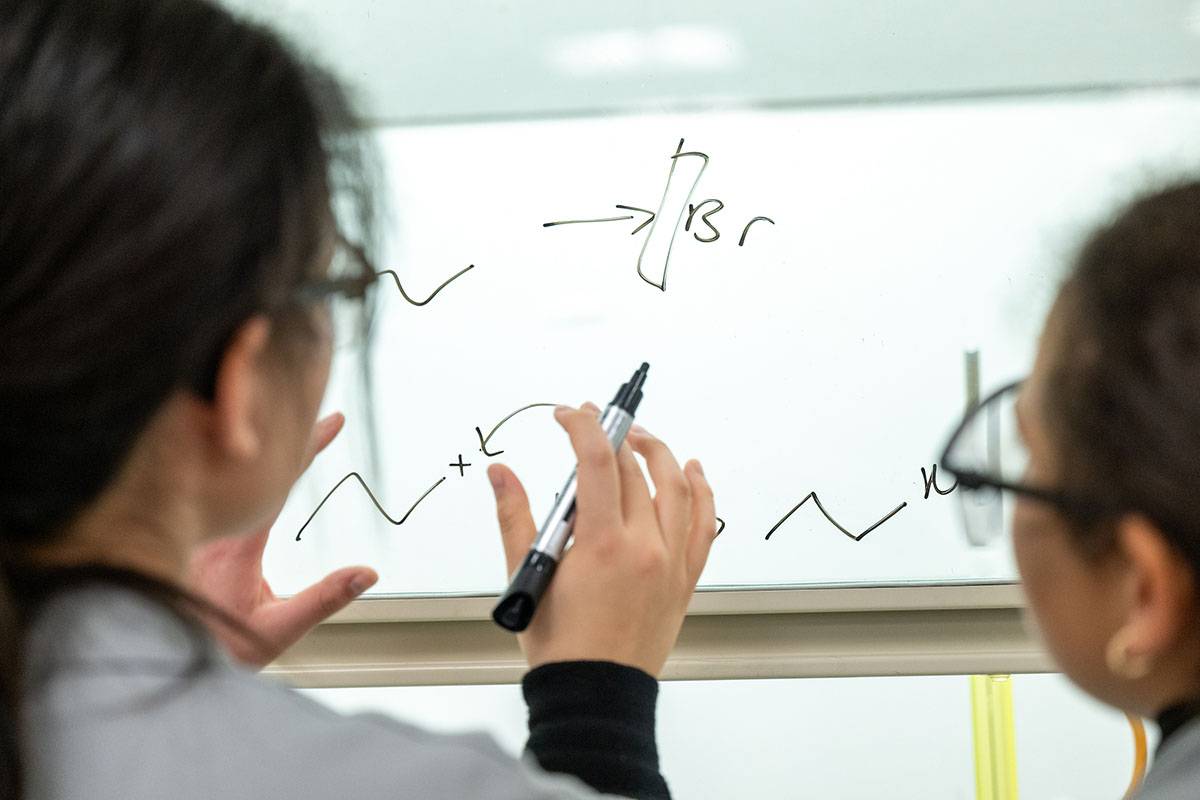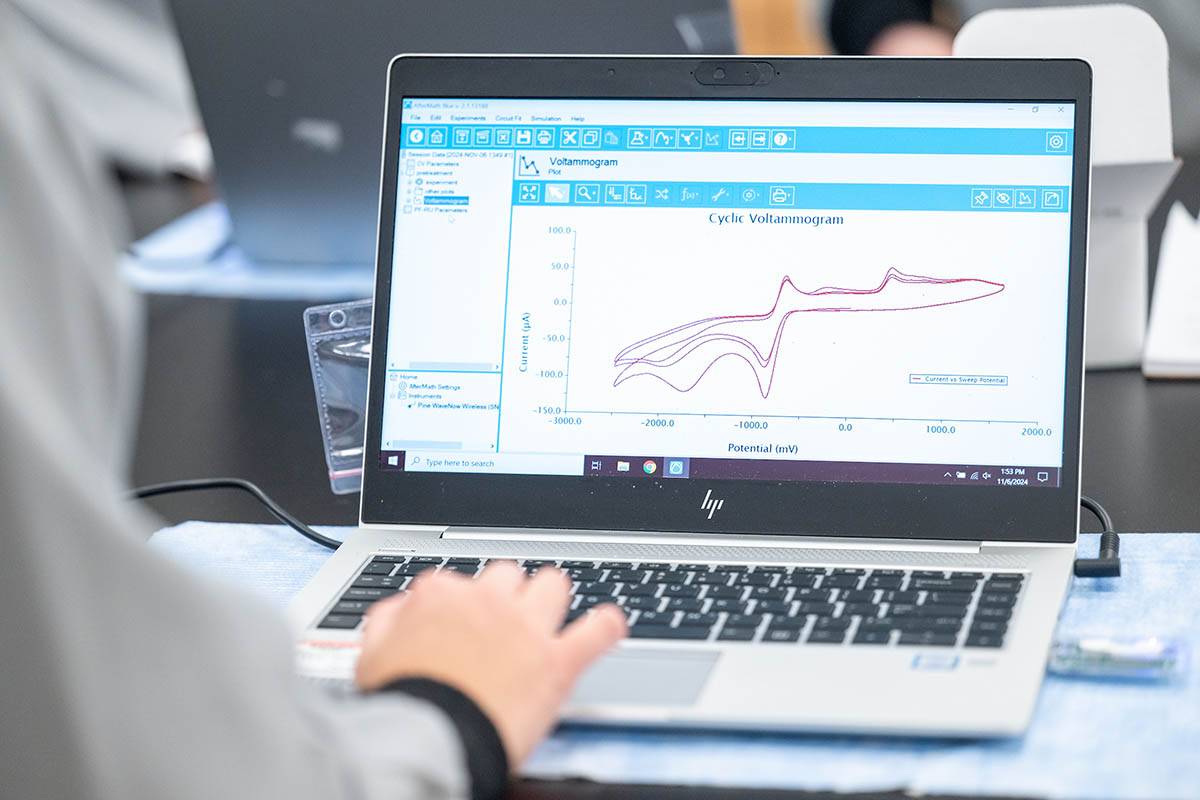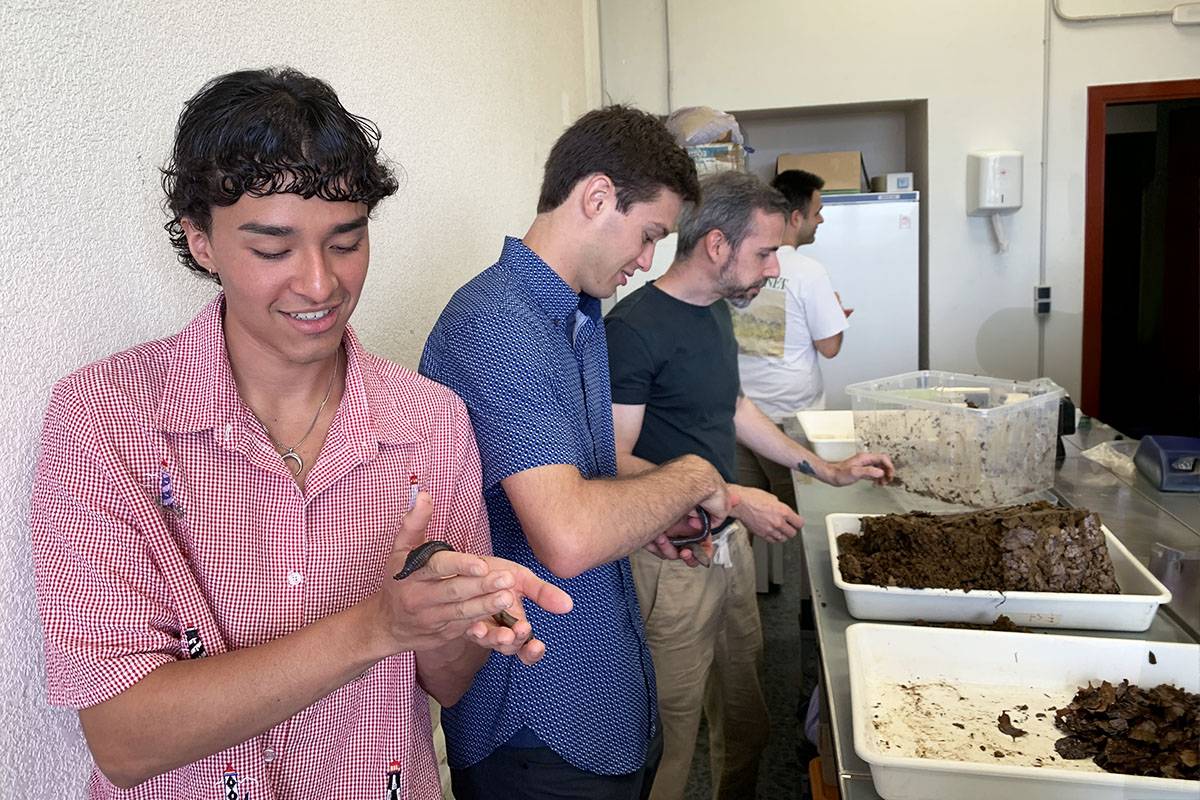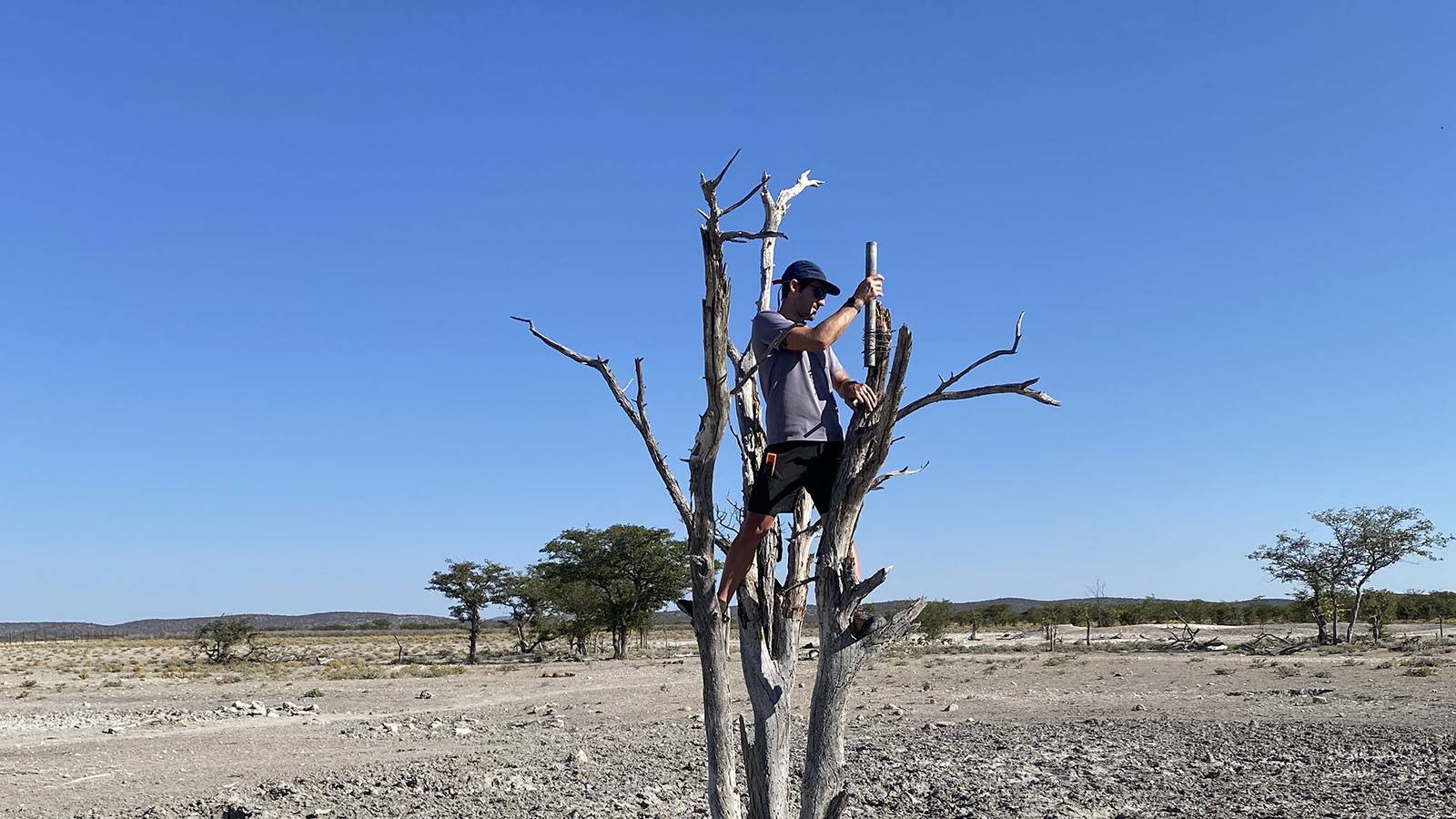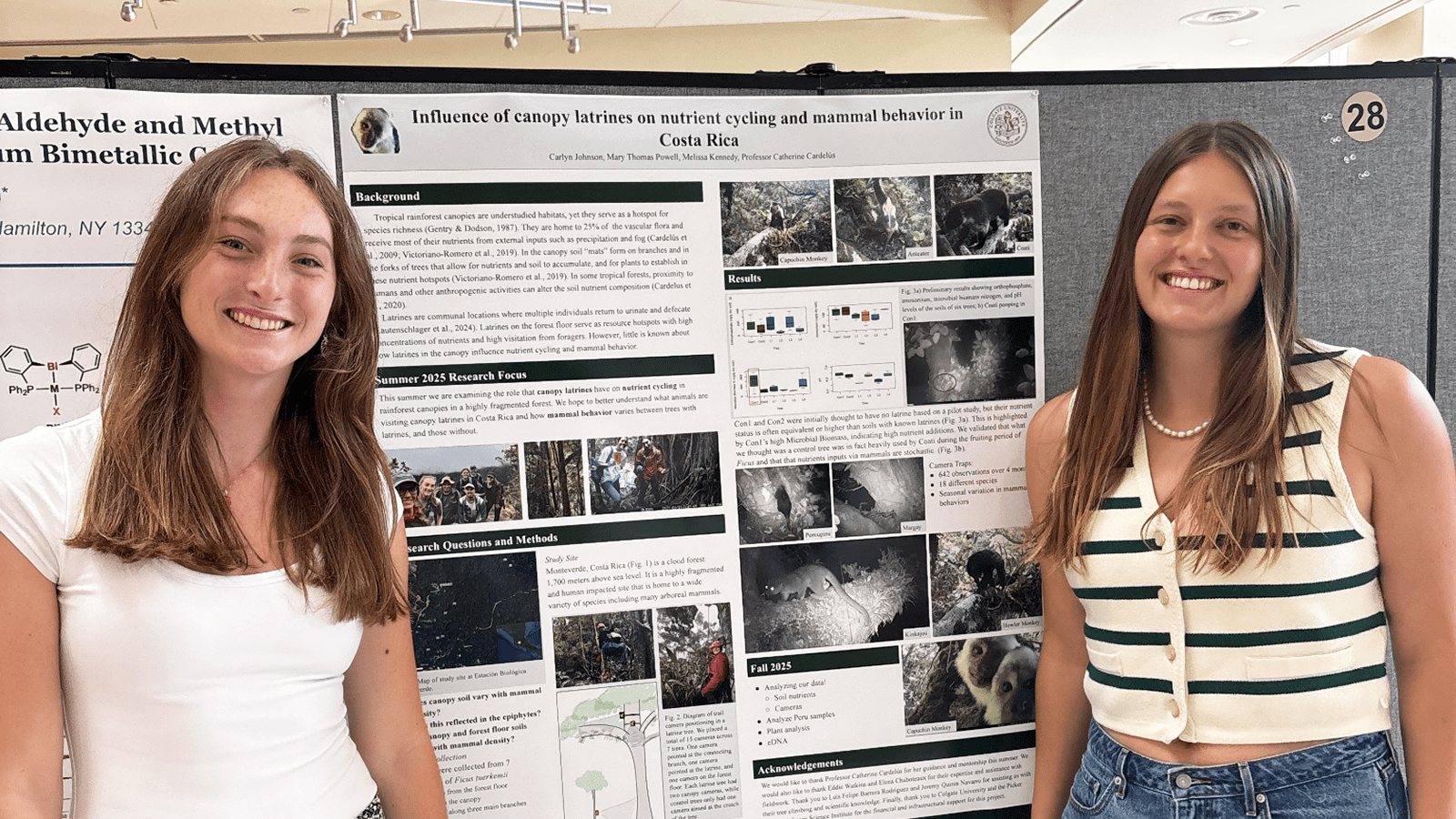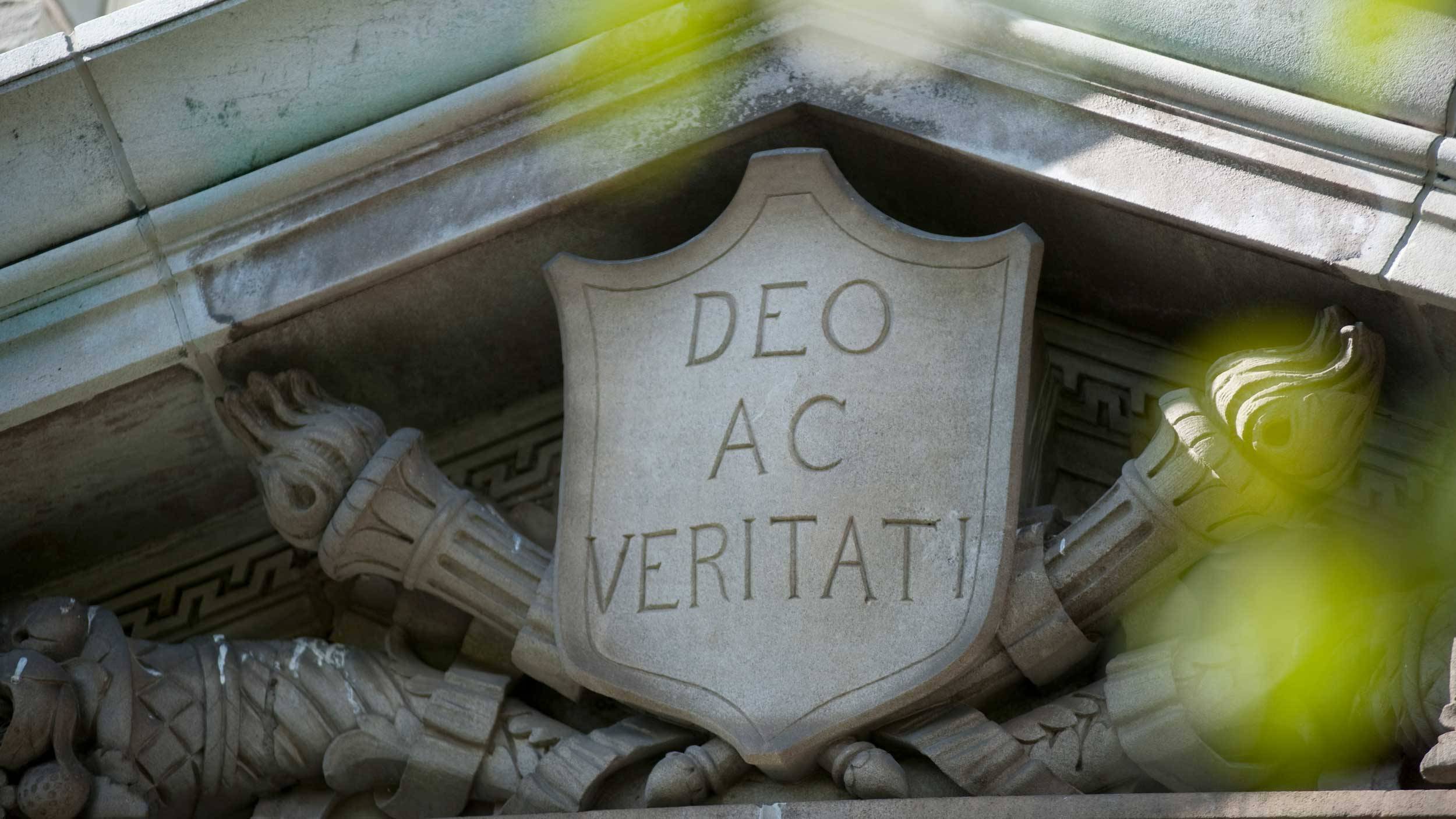Advancing discovery across disciplines.
The Picker Interdisciplinary Science Institute fosters bold, collaborative research that flourishes within Colgate’s liberal arts environment.
We bring together faculty and students from across disciplines—and often beyond Colgate—to tackle scientific challenges that are too complex for any single field. By uniting diverse perspectives, we spark discoveries that expand knowledge and open new pathways for innovation. Our programs invite participation and support from faculty, students, alumni, and friends of Colgate, ensuring that the impact of this work resonates across the university and far beyond.





